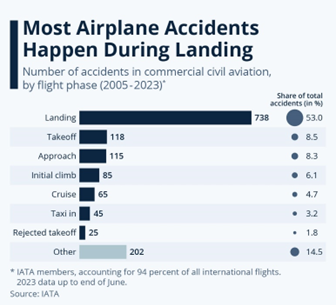TAG: GS 3: SCIENCE AND TECHNOLOGY
THE CONTEXT: The state of Tamil Nadu has launched a significant initiative targeting the prevention of cervical cancer through the administration of Human Papillomavirus (HPV) vaccines to girls aged nine to 14 years.
EXPLANATION:
- This comprehensive program aims to address the prevalence of cervical cancer, the second most common cancer among women in India.
Current Status of Cervical Cancer in India
- Cervical cancer ranks as the second most prevalent cancer among women in India.
- Diagnosis often occurs at advanced stages due to the lack of symptoms, leading to limited treatment options and poor prognosis.
- The Crude Incidence Rate (CIR) of cervical cancer in Tamil Nadu, according to the Tamil Nadu Cancer Registry Project report 2018, was 17.7 per one lakh population.
- Variations in CIR across different regions of Tamil Nadu highlight the need for targeted interventions.
- Despite a decreasing trend in Chennai over the last decade, cervical cancer remains a significant health concern in urban areas.
Significance of HPV Vaccination
- The HPV vaccine aims to raise immunity against the Human Papillomavirus, a known cause of cervical cancer.
- By targeting girls aged nine to 14 years, the initiative aims to provide long-term protection against HPV infection, reducing the risk of malignancy in adulthood.
- Vaccination is a key strategy endorsed by the International Papillomavirus Society, emphasizing the slogan “One less worry” to promote awareness and uptake of the vaccine.
National and International Efforts
- Sikkim led the way in 2018 by introducing the HPV vaccine, achieving impressive coverage.
- India’s National Technical Advisory Group on Immunisation (NTAGI) recommended incorporating the vaccine into the Universal Immunisation Programme, targeting 9 to 14-year-old girls.
- Despite reports suggesting a rollout in 2023, uncertainty persists, with the Union Health Ministry yet to confirm plans.
- Globally, 100 countries have introduced the HPV vaccine, covering 30% of the target population.
- Pediatricians now advocate routine HPV vaccination for girls aged nine to 15, emphasizing early dosing for optimal efficacy and protection.
- Addressing vaccine hesitancy is crucial, with effective communication playing a key role in dispelling anxieties and misinformation.
Implementation and Progress of the Initiative
- The HPV vaccination initiative was launched at Villupuram Government Hospital in early March.
- Despite logistical challenges, nearly 150 girls have received the first dose of the vaccine, indicating positive uptake within the community.
- The vaccination schedule involves administering two doses six months apart, ensuring comprehensive protection.
- The initiative coincides with summer vacation, providing an opportunity to raise awareness at the community level about the importance of HPV vaccination.
- Importantly, the vaccine is provided free of cost, ensuring accessibility for all eligible individuals.
Cervical Cancer:
- It is a type of cancer that occurs in the cells of the cervix – the lower part of the uterus that connects to the vagina.
- Various strains of the Human papillomavirus (HPV) play a role in causing most cervical cancer.
- When exposed to HPV, the body’s immune system typically prevents the virus from doing harm. In a small percentage of people, however, the virus survives for years, contributing to the process that causes some cervical cells to become cancer cells.
- The HPV vaccine (Cervarix) protects against two of the cancer-causing strains, which are HPV 16 and 18.
Human papillomavirus:
- Human papillomavirus (HPV) is the most common viral infection of the reproductive tract.
- There are more than 100 types of HPV.
- More than 40 types of HPV are spread through direct sexual contact.
- Out of these 40, two cause genital warts, while about a dozen of HPV cause different types of cancer including cervical, anal, oropharyngeal, penile, vulvar and vaginal.


